Recently updated on December 11th, 2024 at 08:52 am
Memory loss can be a heart-wrenching challenge for elderly stroke survivors. It strips away precious moments and fades their sense of self. The inability to remember loved ones, memorable experiences, and even the simplest daily tasks can leave them feeling isolated and disconnected.
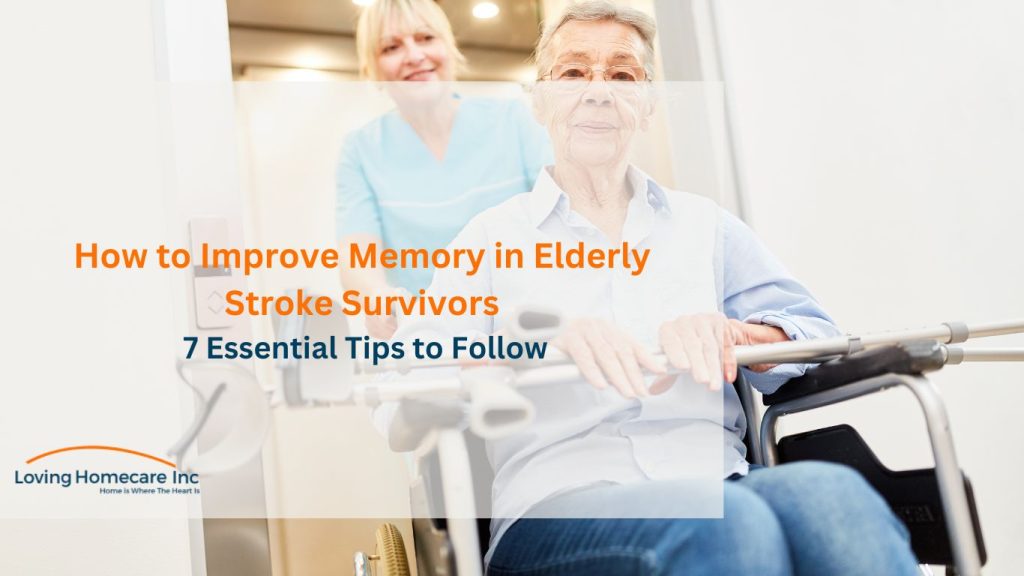
However, among this chaos, there is hope! Through practical steps and unwavering determination, we can empower elderly stroke survivors. It will help them reclaim their memories and rediscover the joys of independent living.
Let’s explore seven essential tips that not only provide a roadmap for memory improvement. Moreover, it will enable us to bring back the resilience among those who have endured the devastating impact of stroke.
Rebuilding Connections: The Power of Social Engagement
Stroke survivors often feel detached from their surroundings. They experience a sense of isolation, which can contribute to memory decline. Engaging in social activities and maintaining strong connections with loved ones can facilitate memory improvement.
Regular social interaction stimulates the brain, reduces stress, and fosters a sense of belonging. Encourage stroke survivors to join support groups, participate in community events, or even engage in online forums to connect with others facing similar challenges for effective stroke recovery.
You should try engaging your older loved ones in conversations as a family member. Take time out every day to sit with them and let them talk about things they love. Your presence will be a great support for them. Rebuild the connection they feel they have lost!
The Mind-Body Connection: Exercising for Enhanced Cognition
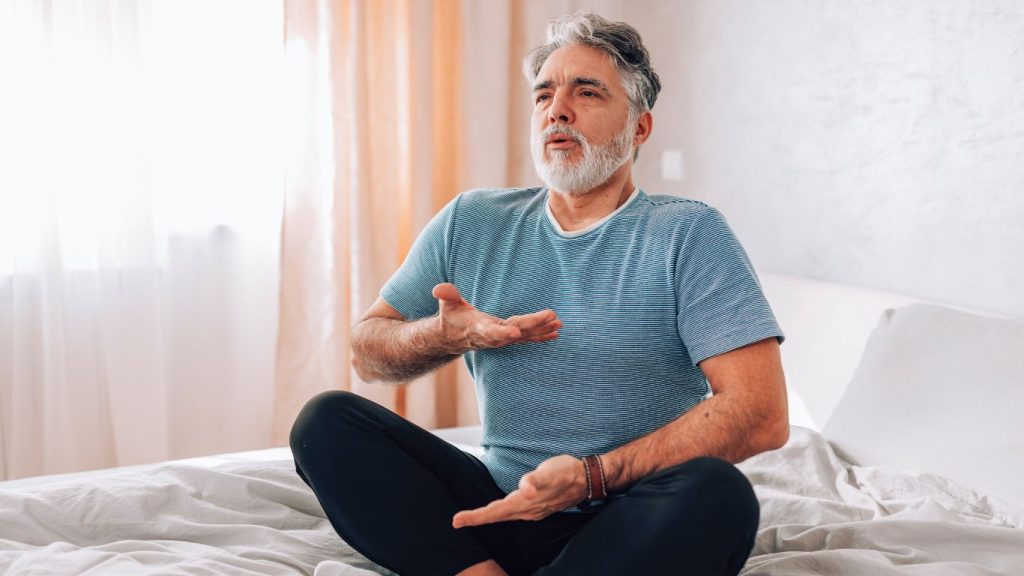
Encourage elderly stroke survivors to engage in activities suitable for their abilities, such as walking, swimming, or gentle yoga. Even small additions of exercise throughout the day can significantly impact memory improvement.
What part can you play? You can take your elderly loved one for a walk for at least half an hour every day. Besides the physical activity, they will enjoy bonding with you. Indulging in physical activity is crucial for stroke recovery.
A Nourished Mind: Experience the Benefits of a Balanced Diet

Certain foods, such as blueberries, walnuts, and fatty fish, are particularly beneficial for brain health due to their high content of antioxidants and omega-3 fatty acids. Avoiding processed foods and excessive sugar can also help protect cognitive function.
Consider getting a proper diet chart designed for older adults because aging comes with several other health issues. You might be unable to decide which food items will work best for aiding the memory loss treatment. It’s always to be more vigilant when taking care of another soul!
Mental Stimulation: Exercising the Brain
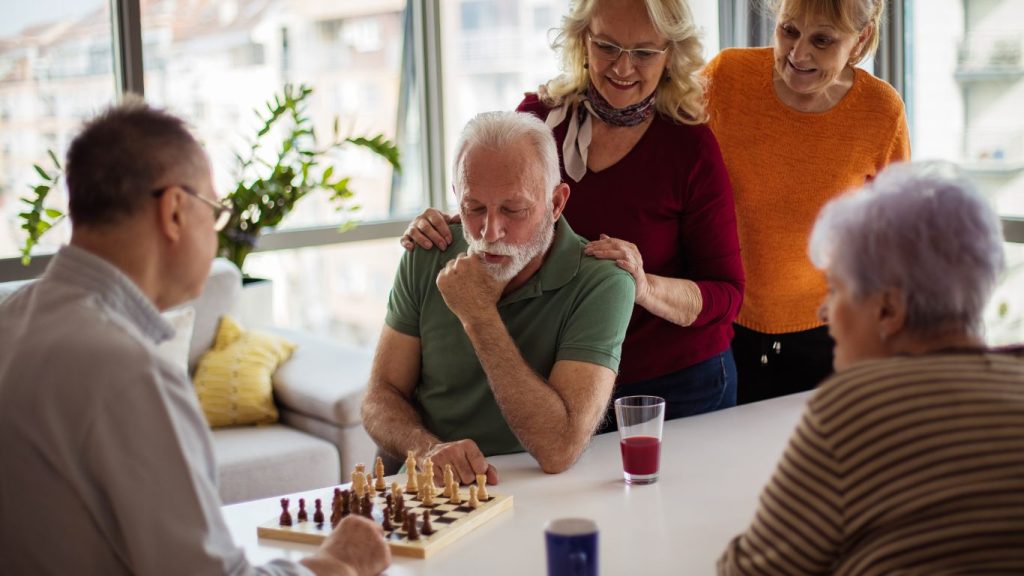
Encourage elderly stroke survivors to engage in activities stimulating cognitive function, such as puzzles, reading, learning a new skill, or playing memory-enhancing games. Additionally, exploring creative outlets like painting, writing, or playing a musical instrument can provide a well-rounded cognitive workout.
The easiest way for those older folks who have difficulty walking, you can plan indoor games such as crossword puzzles, chess, sudoku, etc. You will see a visible difference in the extent of forgetfulness while maintaining the regularity of these brain-stimulating activities.
Sleep: The Unsung Hero of Memory Enhancement
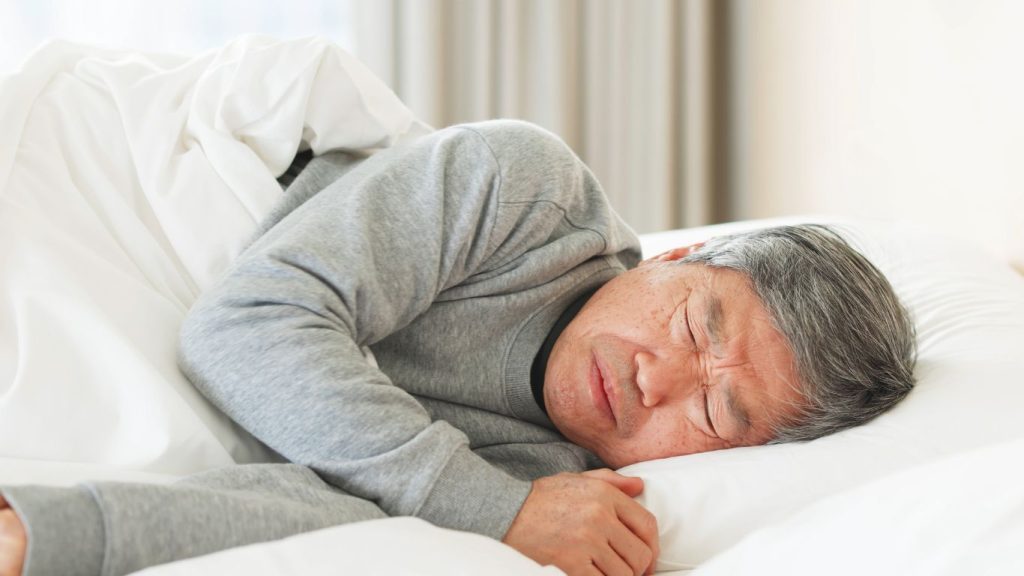
Adequate sleep is often overlooked but plays a significant role in memory consolidation. Encourage stroke survivors to establish a consistent sleep routine, create a relaxing environment, and practice good sleep hygiene.
Aim for 7-8 hours of quality sleep each night, as it allows the brain to process information and rejuvenate, resulting in improved memory and overall cognitive function. The importance of rest and sound sleep can never be emphasized enough!
Mindfulness and Stress Reduction: Calming the Storm
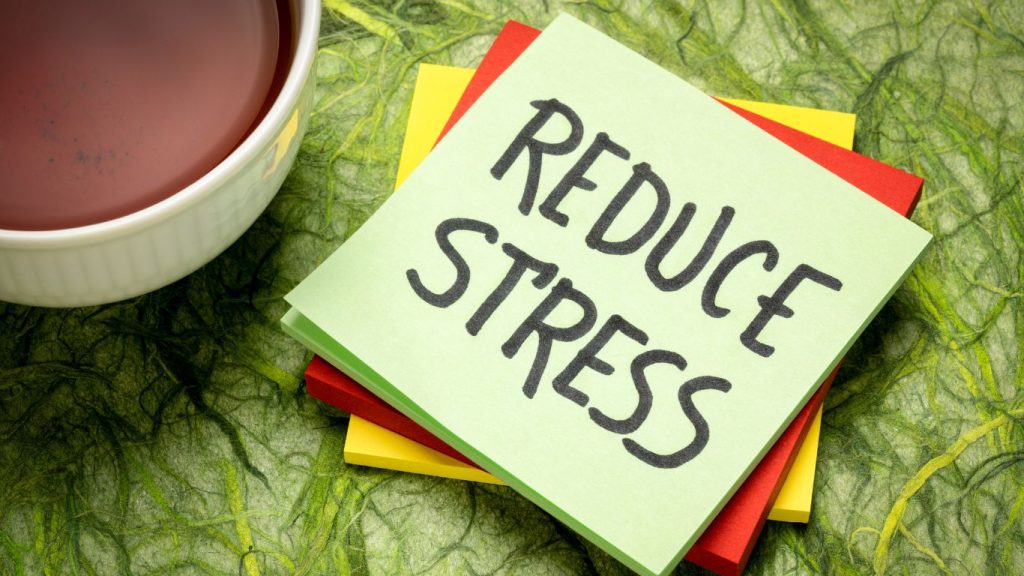
Encourage the development of a daily mindfulness routine to promote a sense of calm and enhance memory retention. Helping them to have an organized routine can ease their life significantly. Doing their everyday task according to a sequence will make them feel less overwhelmed.
Stress reduction techniques act as a soothing balm, calming inner chaos and creating a conducive environment for memory to strengthen. Engaging in calming activities such as nature walks, gentle yoga, or listening to calming music can further enhance the tranquility of the mind.
These practices alleviate stress and improve overall well-being, fostering a positive mindset that facilitates memory restoration.
Assistive Technology: Memory Aids for Everyday:
In the modern age of technological wonders, a helping hand is there for elderly stroke survivors in the form of assistive technology. These remarkable tools act as memory aids, bridging the gap between forgetfulness and independence and restoring a sense of control over daily life.
Imagine a world where smartphones, once seen as mere communication devices, become powerful tools for memory improvement. Stroke survivors can utilize various apps to manage medication, make appointment reminders, and organize tasks.
These digital companions provide timely prompts, ensuring that important details are never forgotten, and crucial appointments are never missed. Like guardian angels of memory, voice-activated personal assistants respond to spoken commands.
With a simple voice prompt, stroke survivors can ask for reminders, set alarms, and even inquire about the weather without relying solely on their memory. These devices provide a safety net, alleviating the worry and stress of forgetting important information.
As stroke survivors embrace these technological marvels, they find newfound freedom, rediscovering the joy of independence and reclaiming their rightful place in their lives.
Why should you hire professional help?
Seeking professional care services for elderly stroke survivors is not just important, but it is essential. Healthcare professionals specializing in stroke recovery play a vital role in guiding and supporting according to the unique needs of each individual.
Their expertise and knowledge can make a significant difference in the recovery process, enhancing the chances of regaining memory function and improving the overall quality of life.
Moreover, healthcare professionals provide much-needed emotional support and encouragement throughout the recovery care process. Dealing with memory loss can be emotionally overwhelming, and stroke survivors may experience frustration, sadness, short-term memory loss, or even a loss of identity.
Professionals specializing in stroke recovery can offer reassurance, empathy, and coping strategies to deal with these emotional challenges, helping stroke survivors maintain a positive mindset.
Healthcare professionals have access to a wide range of resources and therapeutic ways that can supplement memory improvement efforts.
They can recommend cognitive rehabilitation programs, memory training exercises, and other evidence-based mediations personalized to individual needs. By utilizing these resources, stroke survivors can optimize their chances of restoring memory function and regaining independence in everyday tasks.
Likewise, the professional healthcare worker can timely assess underlying medical conditions that may impact memory, provide medication management support, and address any physical or mental changes that may occur post-stroke. Regular check-ups and ongoing professional support ensure stroke survivors receive holistic care.
Above all, professionals can educate family members and caregivers to help their older loved ones live better. After all, attention and family time can do wonders for one’s health.
Conclusion
Improving memory in elderly stroke survivors is a journey of resilience, determination, and embracing a holistic approach to well-being. By incorporating the essential tips explored here, i.e., rebuilding connections, exercise, a balanced diet, mental stimulation, quality sleep, mindfulness, and assistive technology, stroke survivors can empower themselves to enhance their memory and regain control of their lives.
It is important to remember that progress may take time, and patience is vital throughout their wellness journey. Encourage stroke survivors to persevere, celebrate accomplishments as basic as taking medicines on time, and seek support from healthcare professionals, family, and friends. Together, we can create a supportive environment to facilitate memory improvement and promote improved quality of life for elderly stroke survivors.
It’s never too late to reclaim your wellness and restore your mental and physical health; you only need to work for it!
